After the Soviet Union was disbanded in 1991, the USSR’s weapons were distributed among countries previously a part of the union, equipping Ukraine, among others, with the 3rd biggest collection of nuclear weapons in the world.
On December 5, 1994, Russia, the United States, and the United Kingdom arranged a meeting to convince Ukraine to dismantle their nuclear collection. Ukraine, being a small country, was hesitant to give away one of the only things that would persuade a larger world power against attacking or invading. To rectify their hesitancy, Russia, the U.S. and the U.K. “Guaranteed security, sovereignty, and territorial integrity”, along with the U.S. covering the cost of de-activation and disposal of the nuclear stockpile. This agreement was called the Budapest Memorandum.
In exchange for handing over their Nuclear weapons, the three countries promised to protect and respect Ukraine’s independence.
Russia broke this agreement first in 2014 when invading and annexing Crimea, and then again on February 22, 2022 with the invasion of Ukraine. Some believe that the U.K. and the U.S also broke their promise with their rather lax support of Ukraine.
Some argue that the United State’s refusal to send troops, further aid, or entrance into NATO shows inconsistency with their vow to Ukraine assuring ‘security’, ‘sovereignty’, and ‘territorial integrity’.
“The US broke their agreement. They [had] promised to protect Ukraine’s safety and territorial integrity, which they did not do,” said Autumn Moore, a Terra Linda freshman.
Ukraine giving up their nuclear weapons made them more vulnerable to Russia’s 2022 invasion. Some even believe that Russia wouldn’t have invaded Ukraine if they had kept possession of the nuclear stockpile.
According to Ukrainian political scientist John Mearsheimer, who objected to the Budapest Memorandum in 1993, “It would have been highly likely that Kyiv would have used its nuclear weapons to defend itself in the event of a Russian invasion.” Mearsheimer continues, “I think the Russians would have recognized that, and therefore would not have invaded in 2022.”
Without a nuclear stockpile to ward off Russia and other aggressive countries, Ukraine’s military power alone was not enough to dissuade Russia’s 2022 invasion.
Other Ukrainian politicians also “felt that they should keep the weapons as a deterrent.” However, this strategy is not completely tangible in reality. Nuclear weapons are expensive to maintain, and Ukraine wasn’t in the best place financially at the time they came into possession of the stockpile. Thus, Ukraine’s abandonment of the nukes was not the valiant act some believe it to be. It was the only option they had.
Others argue that the US did not break the memorandum. The US did not swear to deploy American soldiers the second that Ukraine was threatened. They didn’t even ‘guarantee’ safety, which means the US was not required to go to war for Ukraine.
As stated by Stanford University, “The officials did not discuss the specific steps Washington would take [in case of an invasion]. That reflected failure, on the part of Americans and Ukrainians, to foresee in 1993-1994 what Russia did in 2014 and 2022.”
The memorandum forced the US and U.K. to aid Ukraine to a point, but it did not commit the countries to go to war against Russia. The United States did more than send the minimum amount of money required to fulfill the Memorandum and then cut all support. Some even believe that the US surpassed the requirements of the memorandum by supplying over 182 billion dollars in aid to Ukraine.
“I think that they expanded the financial need by a significant amount.” Alex Psychoyos, a freshman at Terra Linda, argues. “They sent way more resources than they were legally obligated to.”
While it is true that the US has sent over 182 billion dollars in aid to Ukraine, this act may not be as heroic as some believe it to be. One reason the US sent the money was not to help Ukraine win the war, but to prolong it. The US may have wanted the war to continue because it depletes Russia’s funds, making them less of a threat to America. If they truly wanted Ukraine to win and the war to be over, they would send funds all at once instead of periodically. This change could allow Ukraine to gain the upper-hand and win the war.
In the end, the answer to the question of whether the US legally broke their 1994 promise to Ukraine is ‘no’. They did, however, break their word. When a big country such as the US promises that a country will have territorial integrity, it is assumed that the promise would be upheld. Even if the United States is not politically obligated to help Ukraine win, for a country that fights for freedom, they sure failed to meet expectations.



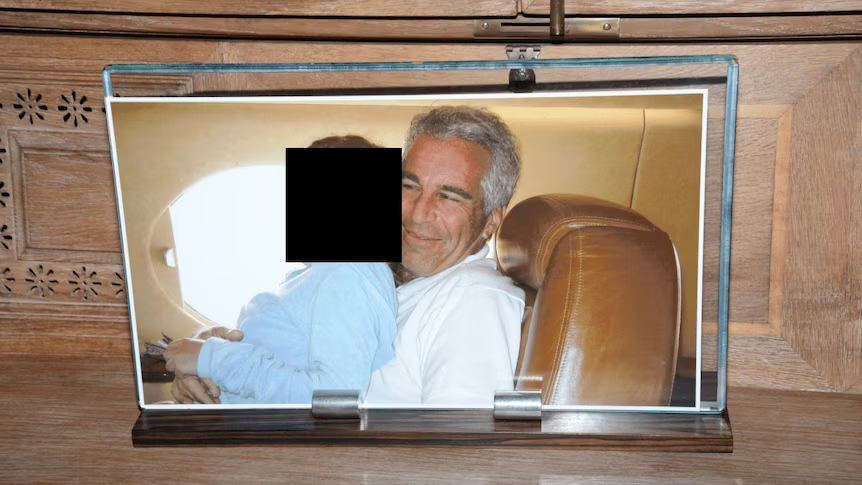
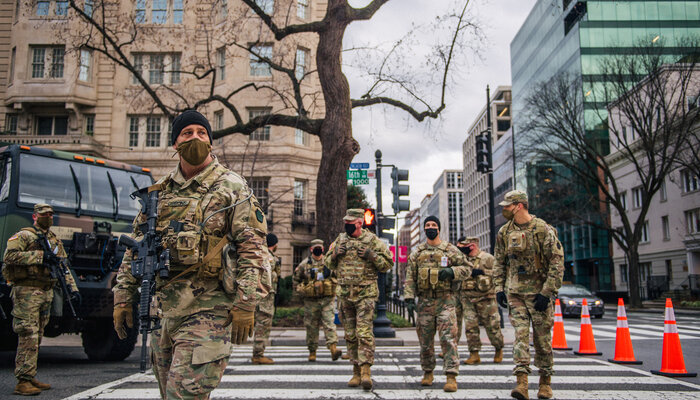
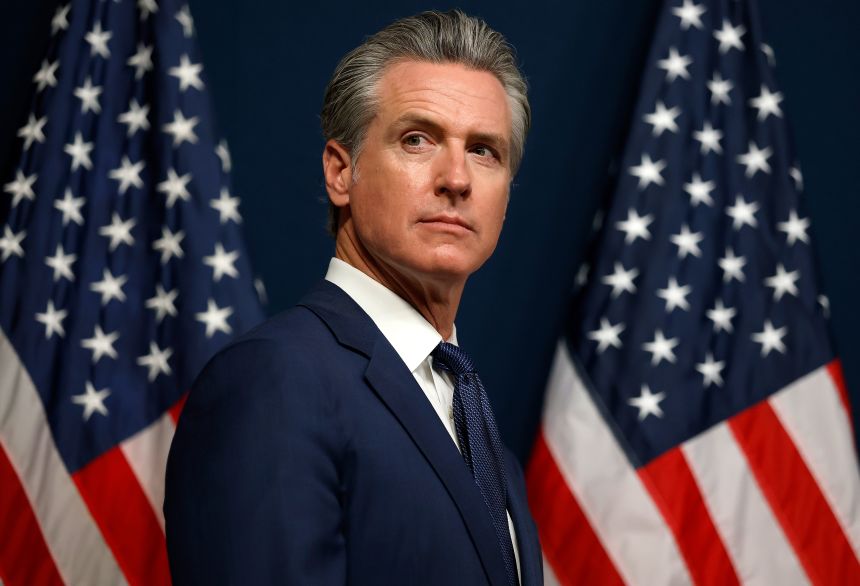
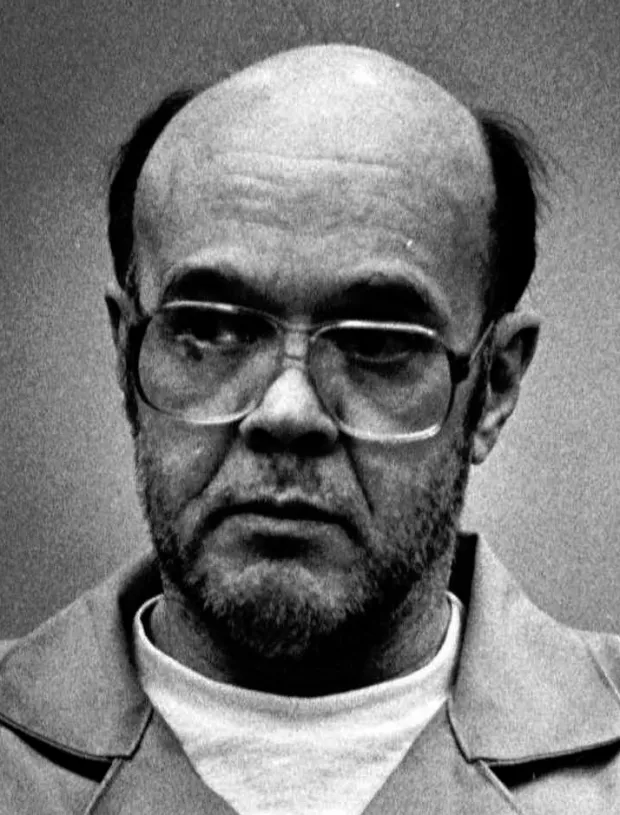
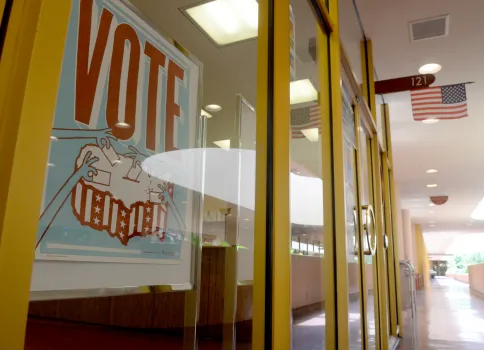



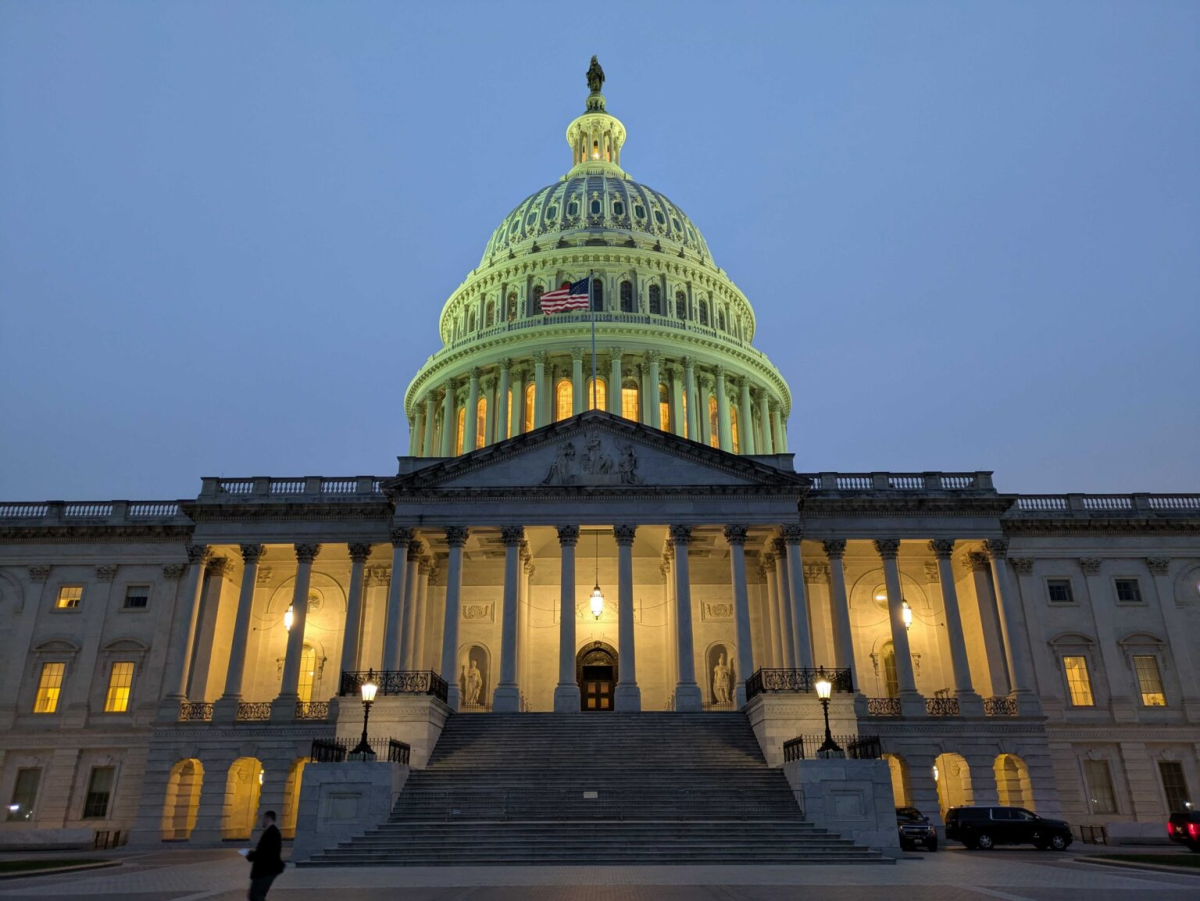
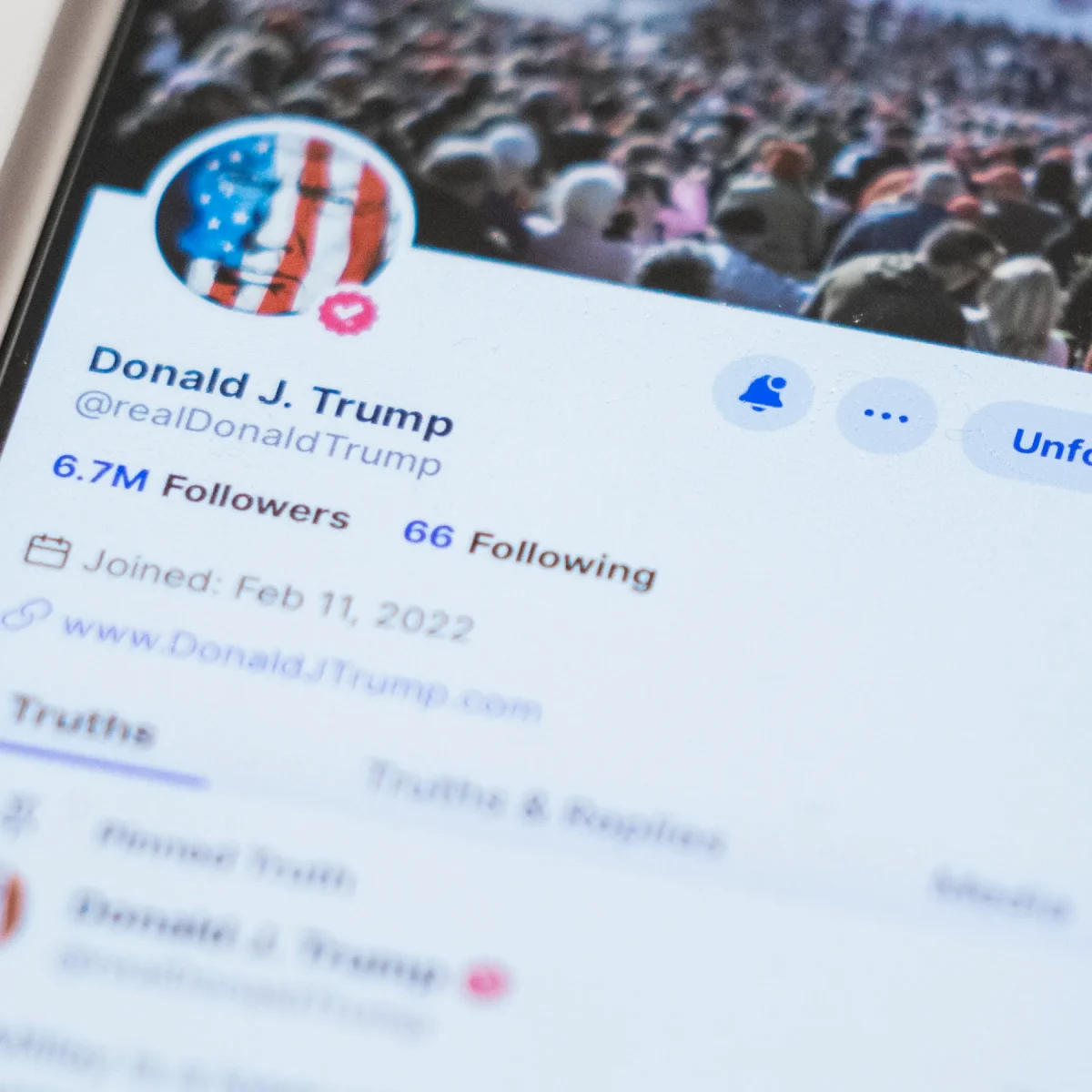

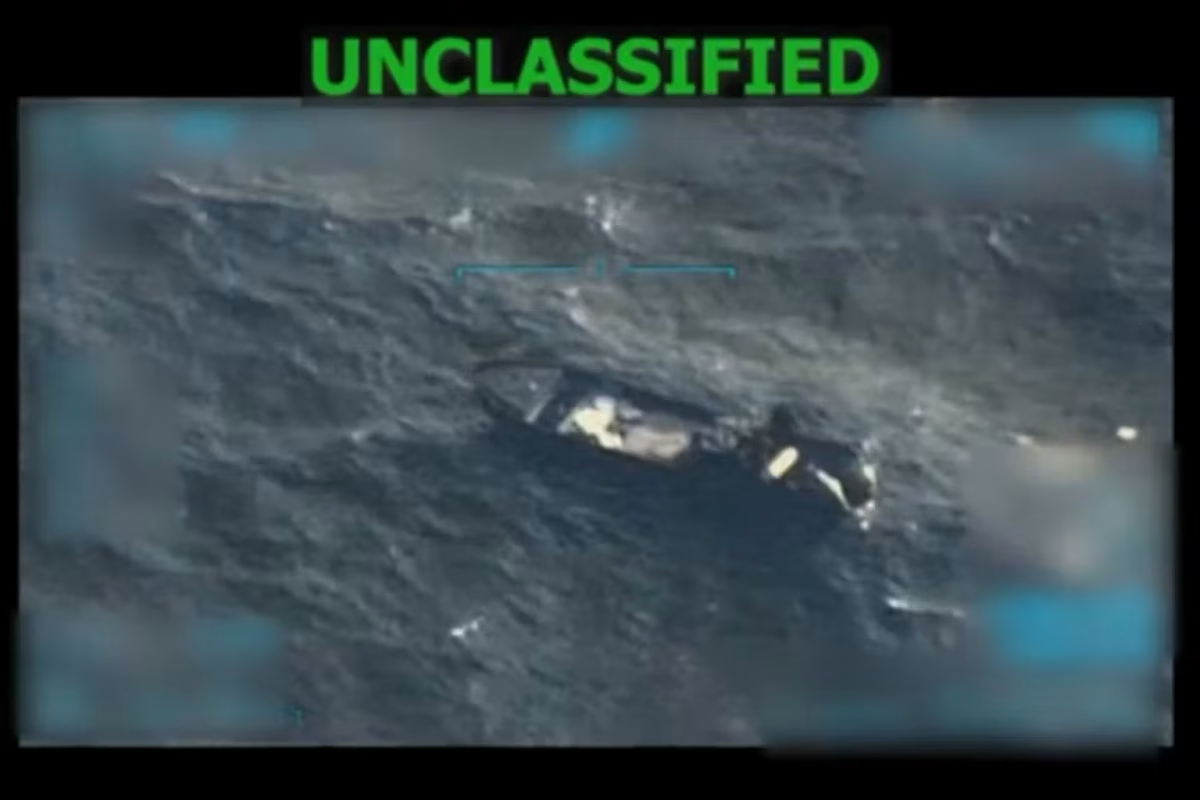











































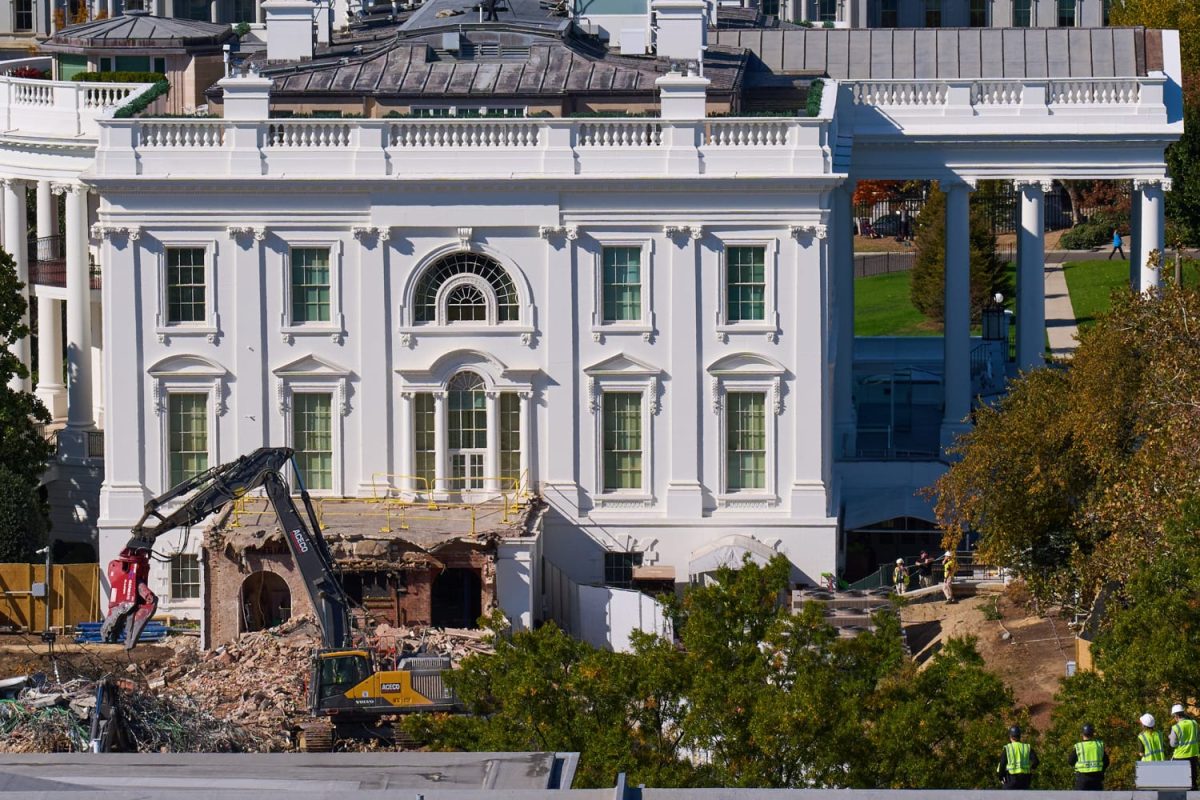



Luben Stoilov • Sep 22, 2025 at 10:47 am
Thank for a thoughtful and well-researched article on a topic that many are trying to avoid and forget.
Mila Marcussen • Sep 25, 2025 at 10:28 am
Thank you for taking time to read, and comment Luben!